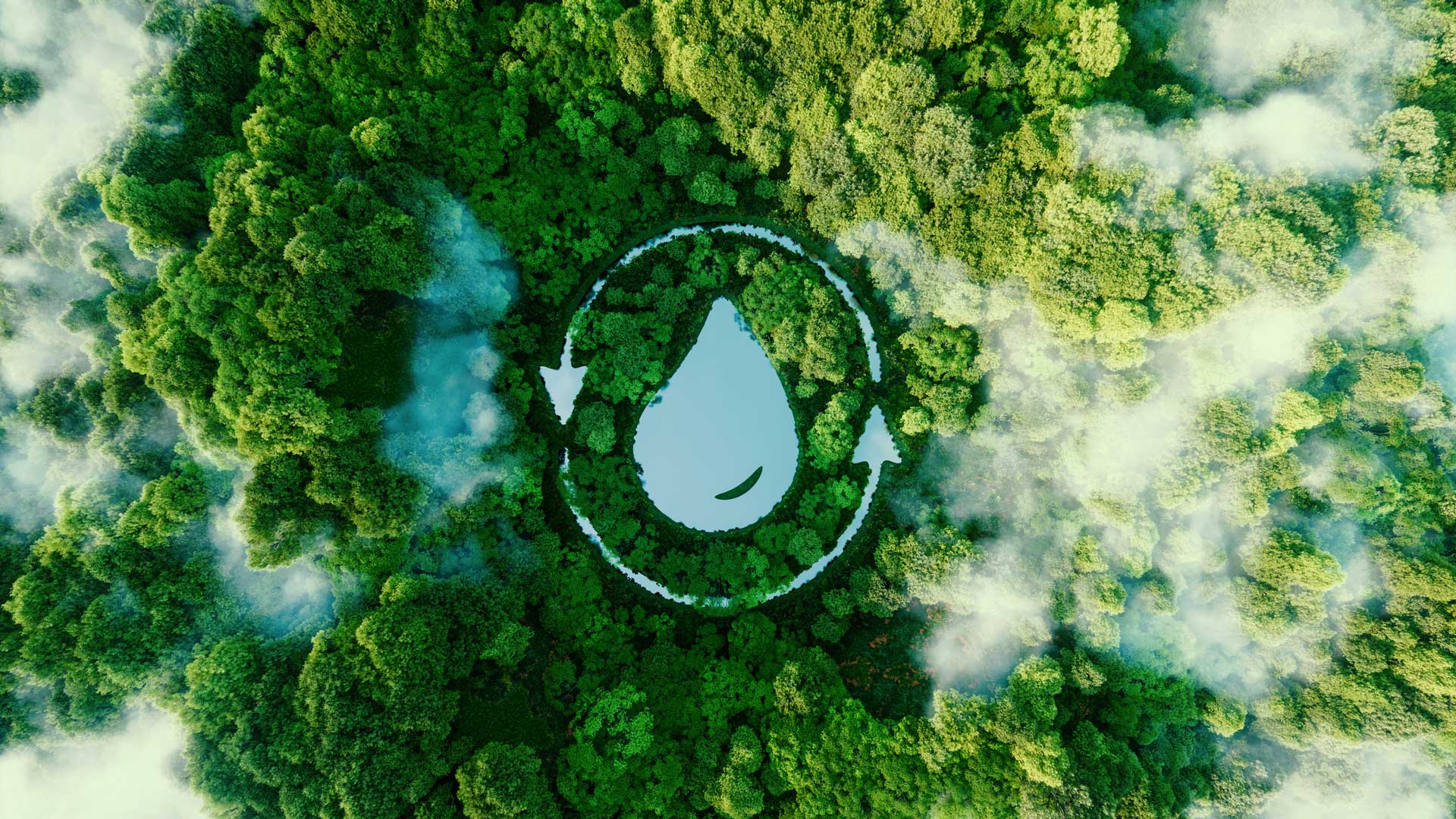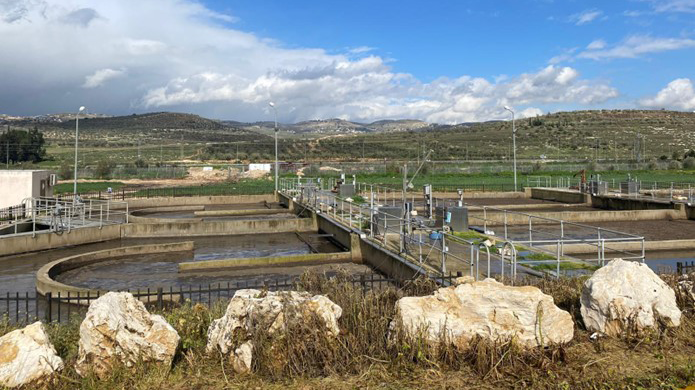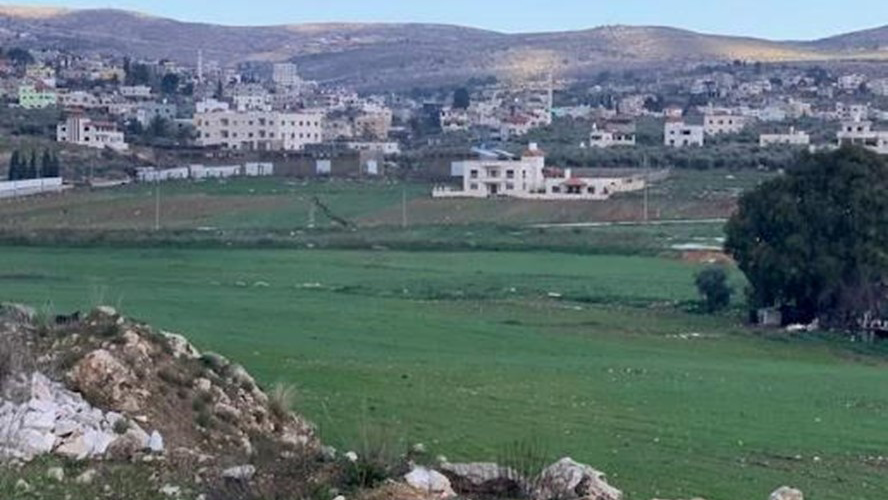
Assessing potential for wastewater reuse in the West Bank
Advancing wastewater reuse in the West Bank is fundamental to overcome the pressing challenges in Palestine’s agriculture and irrigation sectors, exacerbated by political instability and economic fragility.
By providing support to Palestine Water Authority and KfW, our aim was to establish a comprehensive framework for assessing and enhancing wastewater reuse in the West Bank, identifying viable solutions for sustainable water management and agricultural practices in the region. We completed a pre-feasibility study, identifying four viable wastewater reuse schemes, complete with conceptual designs and cost assessments.
To approach this project, we structured our expertise by assembling a multidisciplinary team, including senior wastewater treatment and irrigation experts with extensive experience in fragile contexts, complemented by local professionals who understood the regulatory environment and community needs, ensuring that our solutions were both feasible and culturally sensitive.
We engaged stakeholders through numerous meetings with local farmers, community leaders, and institutional actors to gather insights and build support for treated wastewater (TWW) adoption in agriculture. In addition, we developed a public awareness campaign to educate communities about the benefits and safety of TWW, which fostered social acceptance.
Our support has laid a solid foundation for implementing wastewater reuse initiatives, promoting water security and agricultural resilience in the West Bank. Financial analyses confirmed the economic viability of the proposed reuse schemes, and we employed Multi-Criteria Analysis to evaluate options, ensuring that environmental, social, and economic factors informed our decision-making. Our collaboration with local experts and the strategic influence of related projects positioned this initiative for long-term success.
Empowering water conservation in Botswana
Botswana is faced with a major challenge of water scarcity due to its limited water resources and the effects of climate change. With the risk of drought increasing, it is expected to become a highly water stressed country by 2040.
As a part of our support to Government of Botswana’s Ministry of Lands and Water Affairs, funded by the World Bank, we developed a water conservation strategy framework and implementation plan for the country.
Our supply and demand analysis revealed that, if high water use continues over the next decade, there could be on average a supply and demand deficit by the year 2036 with significant negative impacts for Botswana’s economy, prosperity and sustainability. Reducing water consumption by 1% to 2% incrementally each year is imperative to close the gap on the country’s water supply deficit.
Our efforts garnered support and approval from all key sectors of the economy – including agriculture, tourism, large government institutions, energy producers, mining, water and environmental organisations – bringing in main sectors of the economy and stakeholders to agree on sectoral water conservation targets.
By organising road show workshops, capacity-building training events, and producing technical booklets and awareness training material across the country, we contributed to laying the groundwork for a sustainable water future that benefits all communities in Botswana.
We carried out an international review of best practices of drought management and water conservation in water stressed countries, highlighting the critical need for legal and institutional measures in the framework as well as continual monitoring and evaluation.



